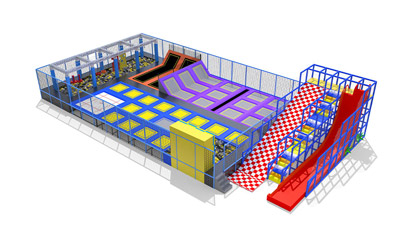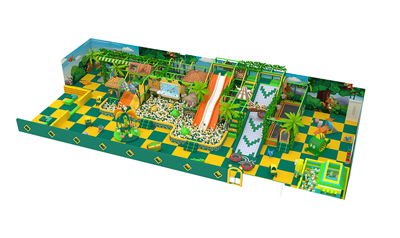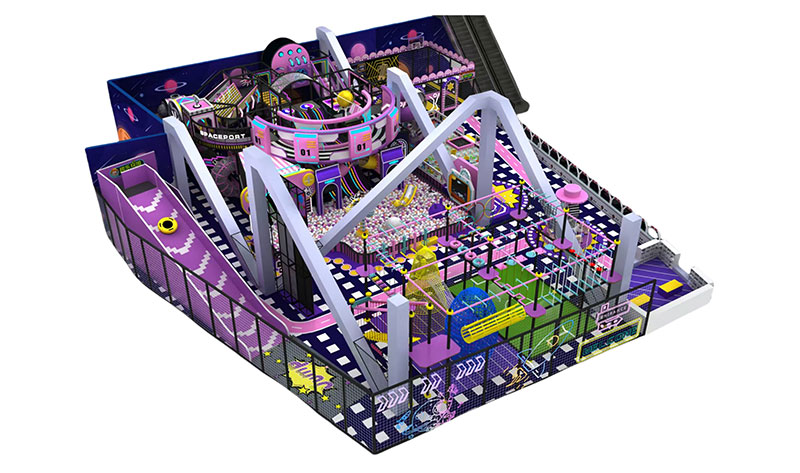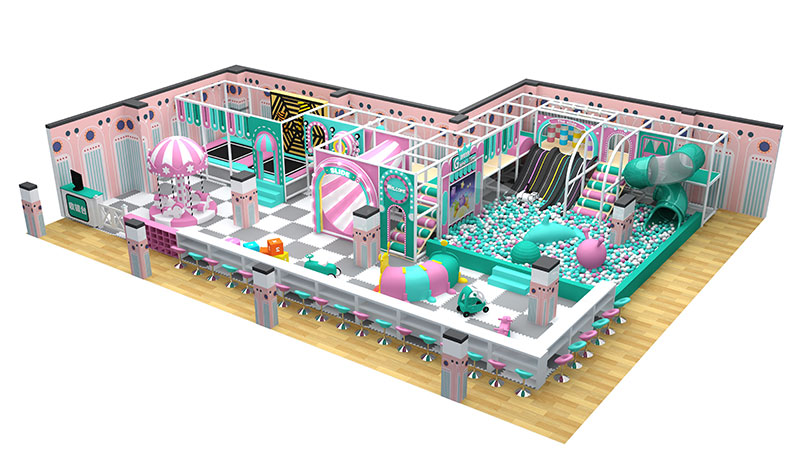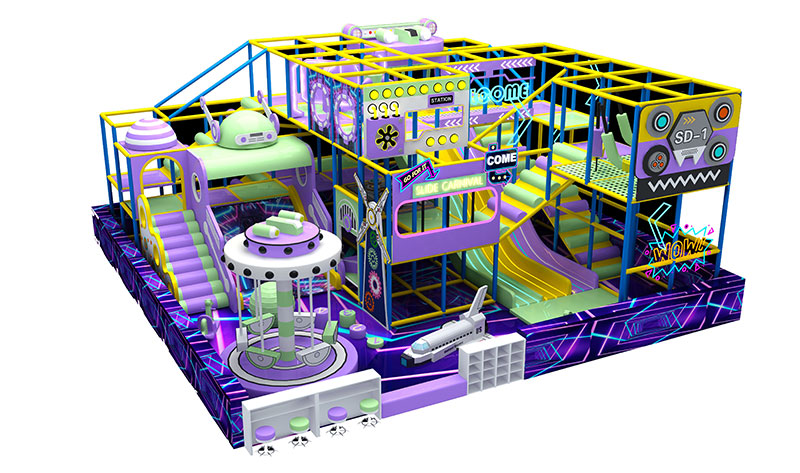Parents often seek ways to blend play with cognitive growth for their children, and choosing the right play space plays a key role. A common question emerges when picking indoor play areas: Do theme-based indoor playgrounds offer more cognitive benefits than regular ones? Below, we'll break down how each type impacts kids' thinking skills, focusing on clear, research-aligned insights to help answer this question.
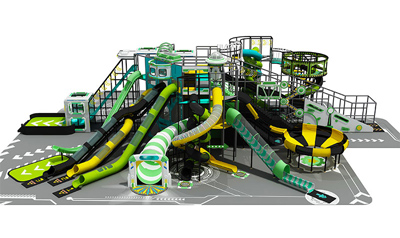
1. Theme-based setups support contextual learning
Regular indoor playgrounds typically have separate, unconnected equipment—like a slide next to a ball pit with no shared purpose. Theme-based ones, however, create a unified context (such as a jungle, space station, or cityscape). This context helps kids link play to real-world ideas: a jungle theme might lead them to name plants, mimic animal behaviors, or understand "habitats" through play. This linking of actions to concepts builds foundational cognitive skills, as children learn in a meaningful, connected way rather than in isolated bits.
2. They spark imagination and creative thinking
Regular indoor playgrounds often limit play to the function of the equipment—sliding down a slide, climbing a structure—with little room for creative extension. Theme-based spaces, by contrast, provide a "story framework." A castle theme, for example, invites kids to pretend to be knights, plan "rescues," or create rules for their "kingdom." This type of pretend play pushes kids to think beyond the equipment itself, fostering creativity as they invent scenarios, roles, and solutions. Regular setups rarely offer this level of creative prompting.
3. Theme-based designs encourage problem-solving
Many theme-based indoor playgrounds weave small challenges into their theme—like a "space mission" that requires navigating a tunnel to "reach a planet" or a "jungle quest" to find hidden "treasures." These challenges ask kids to plan, make choices, and adjust their actions (e.g., "Which path gets me to the planet faster?"). Regular indoor playgrounds, while fun, usually don't include this intentional problem-solving structure; play tends to be more repetitive and less focused on decision-making that builds cognitive flexibility.
4. They boost social cognitive skills
Theme-based play often calls for collaboration. A "city theme" might need kids to take turns as "drivers" or "shopkeepers," while a "pirate ship" theme requires working together to "sail" or "find loot." This collaboration teaches kids to read others' cues, share ideas, and compromise—key social cognitive skills. Regular indoor playgrounds often lead to parallel play (kids playing near each other but not with each other) because there's no shared theme to unite their actions, limiting these social cognitive gains.
Conclusion
Theme-based indoor playgrounds do offer more targeted benefits for kids' cognitive development than regular ones. They support contextual learning, spark imagination, build problem-solving skills, and enhance social cognition—all through play that feels engaging, not like "learning." Regular setups still provide physical fun, but they lack the structured, theme-driven elements that boost deeper cognitive growth.
If you're interested in creating a theme-based space that nurtures these cognitive benefits for kids, our team offers carefully crafted theme-based indoor playground solutions. Each design is built to blend playfulness with opportunities for cognitive growth, aligning with what parents and caregivers look for in a meaningful play area. Visit our product page to explore how our theme-based setups can bring these benefits to life.


